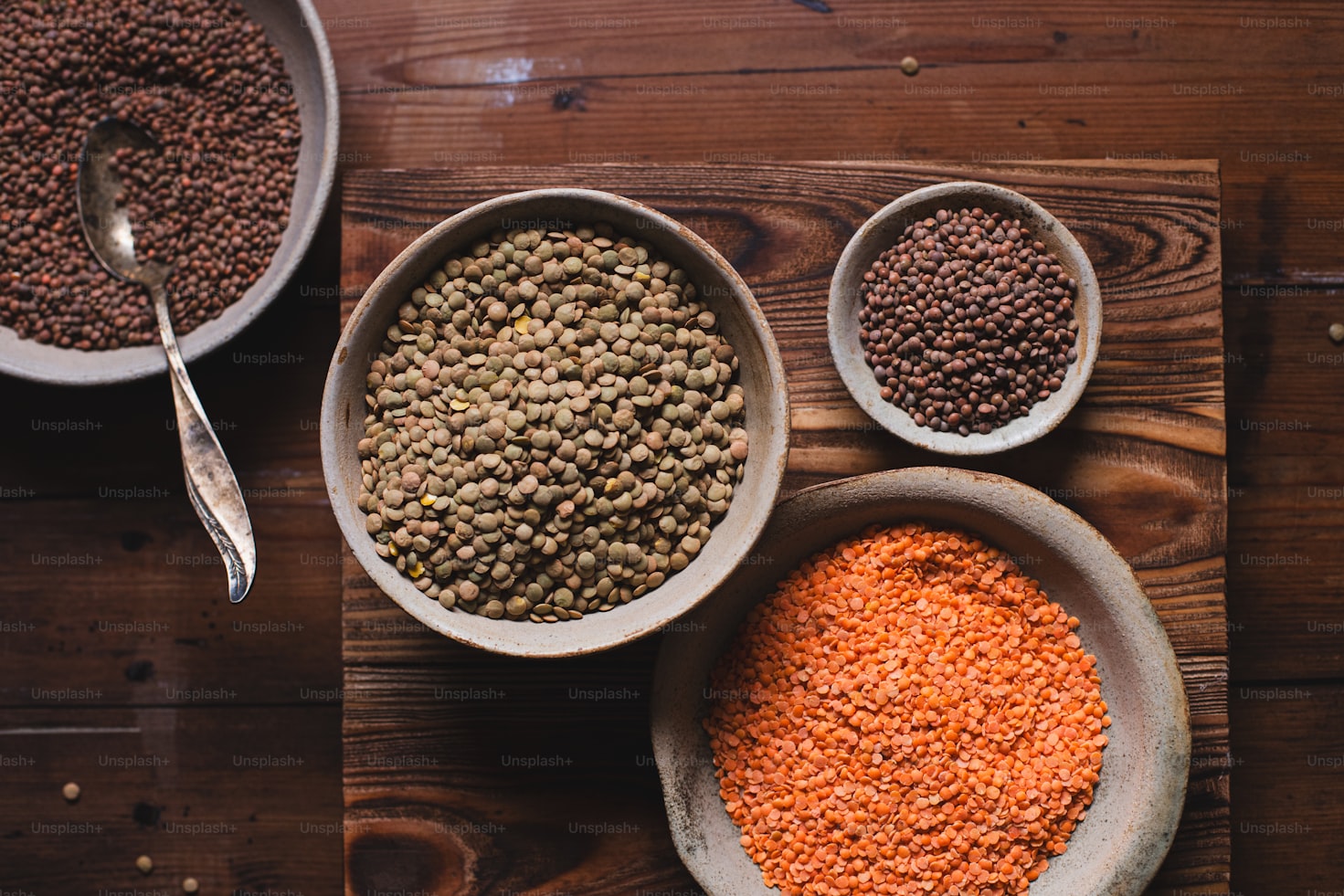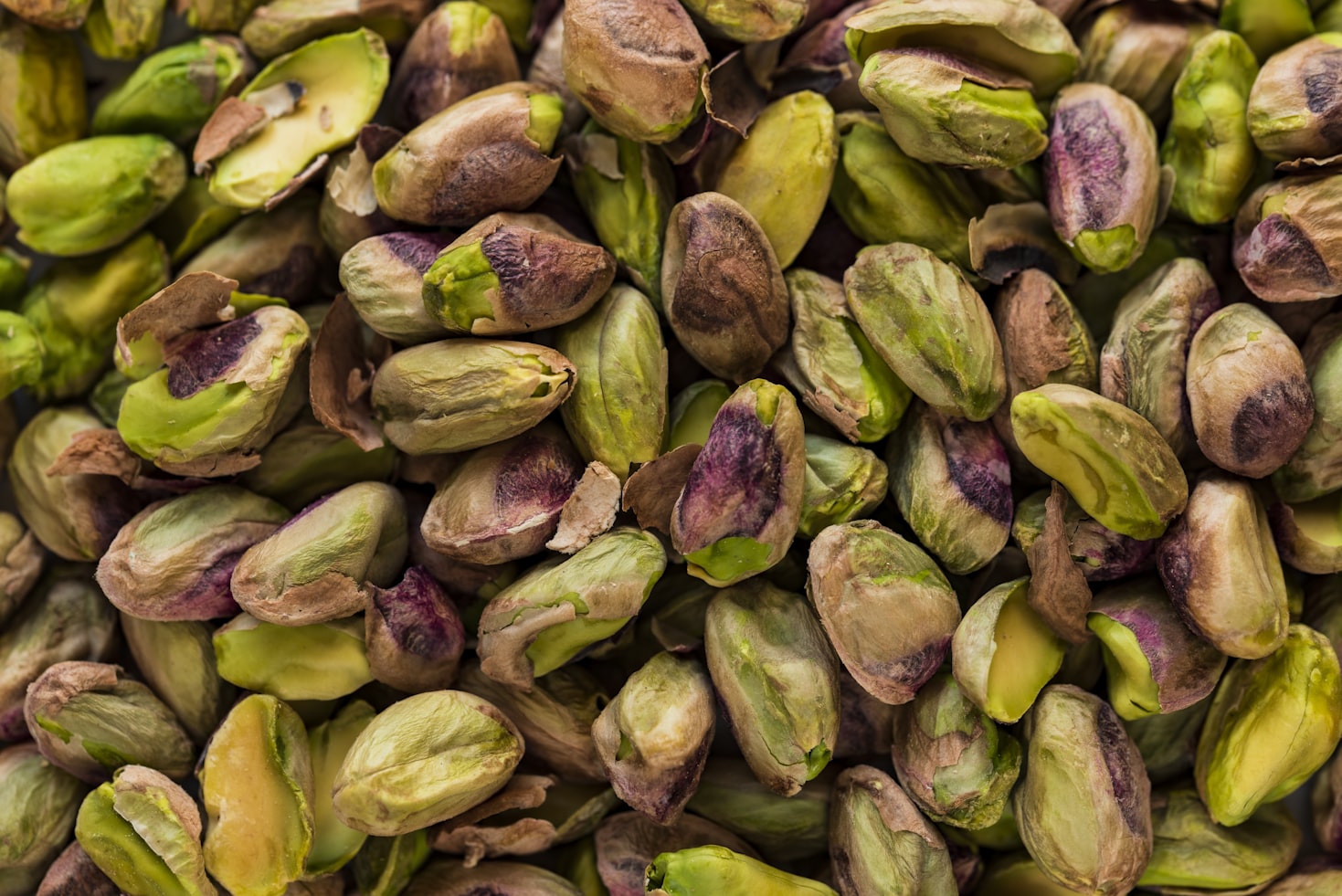Is Ka’chava Keto Friendly?
Ka’chava is a popular meal replacement shake that has gained attention for its nutritional benefits and convenience. However, for those following a ketogenic diet, it is essential to understand whether Ka’chava is compatible with their dietary requirements. In this article, we will explore the ingredients of Ka’chava, analyze its macronutrient composition, and discuss its potential impact on ketosis.
Understanding the Ketogenic Diet
The ketogenic diet, or keto diet, is a low-carbohydrate, high-fat diet that has gained popularity for its potential benefits in weight loss, improved mental clarity, and increased energy levels. The primary goal of the keto diet is to shift the body’s metabolism into a state of ketosis, where it primarily burns fat for fuel instead of carbohydrates.
The Ingredients of Ka’chava
To determine whether Ka’chava is keto-friendly, it is crucial to examine its ingredients. Ka’chava is made from a blend of plant-based proteins, superfoods, fiber, and healthy fats. Some of the key ingredients include:
- Pea protein
- Chia seeds
- Coconut milk
- Quinoa
- Flaxseed
- Cocoa powder
- Monk fruit extract
Macronutrient Composition of Ka’chava
Macronutrients are the three main components of our diet: carbohydrates, proteins, and fats. The macronutrient composition of Ka’chava can provide insights into its compatibility with the ketogenic diet.
One serving of Ka’chava (two scoops) contains approximately:
- 240 calories
- 24 grams of protein
- 25 grams of carbohydrates
- 7 grams of fat
- 9 grams of fiber
While the protein and fat content of Ka’chava align with the principles of the ketogenic diet, the carbohydrate content may be a concern for those strictly following the diet. The 25 grams of carbohydrates in one serving of Ka’chava may be too high for some individuals aiming to stay in ketosis, as the typical daily carbohydrate intake on a keto diet is around 20-50 grams.
Impact on Ketosis
The impact of Ka’chava on ketosis can vary depending on an individual’s carbohydrate tolerance and overall macronutrient intake throughout the day. For some individuals, consuming Ka’chava as part of their daily carbohydrate allowance may still allow them to maintain ketosis. However, others may find that the carbohydrate content of Ka’chava pushes them out of ketosis.
It is important to note that maintaining ketosis is highly individualized, and factors such as activity level, metabolic rate, and overall diet composition can influence the body’s ability to stay in ketosis. Some individuals may have a higher carbohydrate tolerance and can consume slightly more carbohydrates while still remaining in ketosis.
Frequently Asked Questions (FAQ)
1. Can I consume Ka’chava on a ketogenic diet?
While Ka’chava contains a moderate amount of carbohydrates, it may still be consumed on a ketogenic diet if it fits within your daily carbohydrate allowance. It is essential to track your overall carbohydrate intake and adjust your diet accordingly.
2. Can I modify the serving size of Ka’chava to make it keto-friendly?
Yes, you can modify the serving size of Ka’chava to reduce the carbohydrate content. Instead of consuming two scoops, you can opt for one scoop to lower the overall carbohydrate intake.
3. Are there any alternatives to Ka’chava that are more keto-friendly?
Yes, there are several alternatives to Ka’chava that are specifically formulated for the ketogenic diet. These products often have a lower carbohydrate content and higher fat content to support ketosis.
4. Can I add additional fats to Ka’chava to make it more keto-friendly?
Absolutely! If you find that the fat content of Ka’chava is not sufficient for your ketogenic needs, you can add additional healthy fats such as coconut oil, almond butter, or MCT oil to increase the fat content and support ketosis.
5. Can Ka’chava be used as a meal replacement on a ketogenic diet?
Yes, Ka’chava can be used as a meal replacement on a ketogenic diet. However, it is important to consider its carbohydrate content and adjust your overall daily carbohydrate intake accordingly to maintain ketosis.
6. Are there any potential side effects of consuming Ka’chava on a ketogenic diet?
While Ka’chava is generally well-tolerated, some individuals may experience digestive discomfort or changes in bowel movements due to its high fiber content. It is recommended to start with a smaller serving size and gradually increase as tolerated.
Summary
Ka’chava is a nutrient-dense meal replacement shake that offers a range of health benefits. While it may not be strictly keto-friendly due to its carbohydrate content, it can still be incorporated into a ketogenic diet if consumed within the daily carbohydrate allowance. It is important to track your overall macronutrient intake and adjust your diet accordingly to maintain ketosis. Additionally, there are alternative products available that are specifically formulated for the ketogenic diet. As with any dietary change, it is recommended to consult with a healthcare professional or registered dietitian before making significant modifications to your diet.






